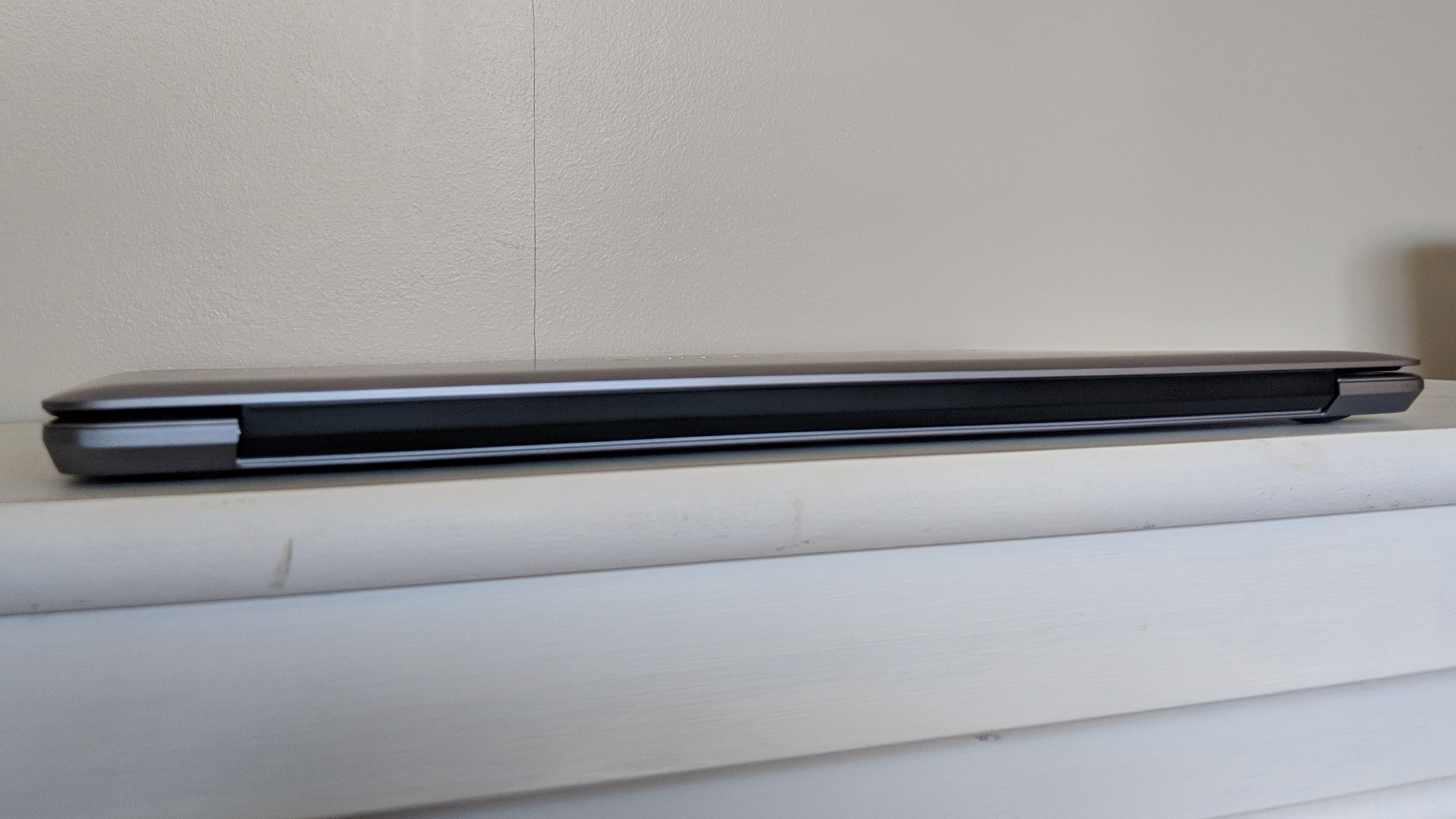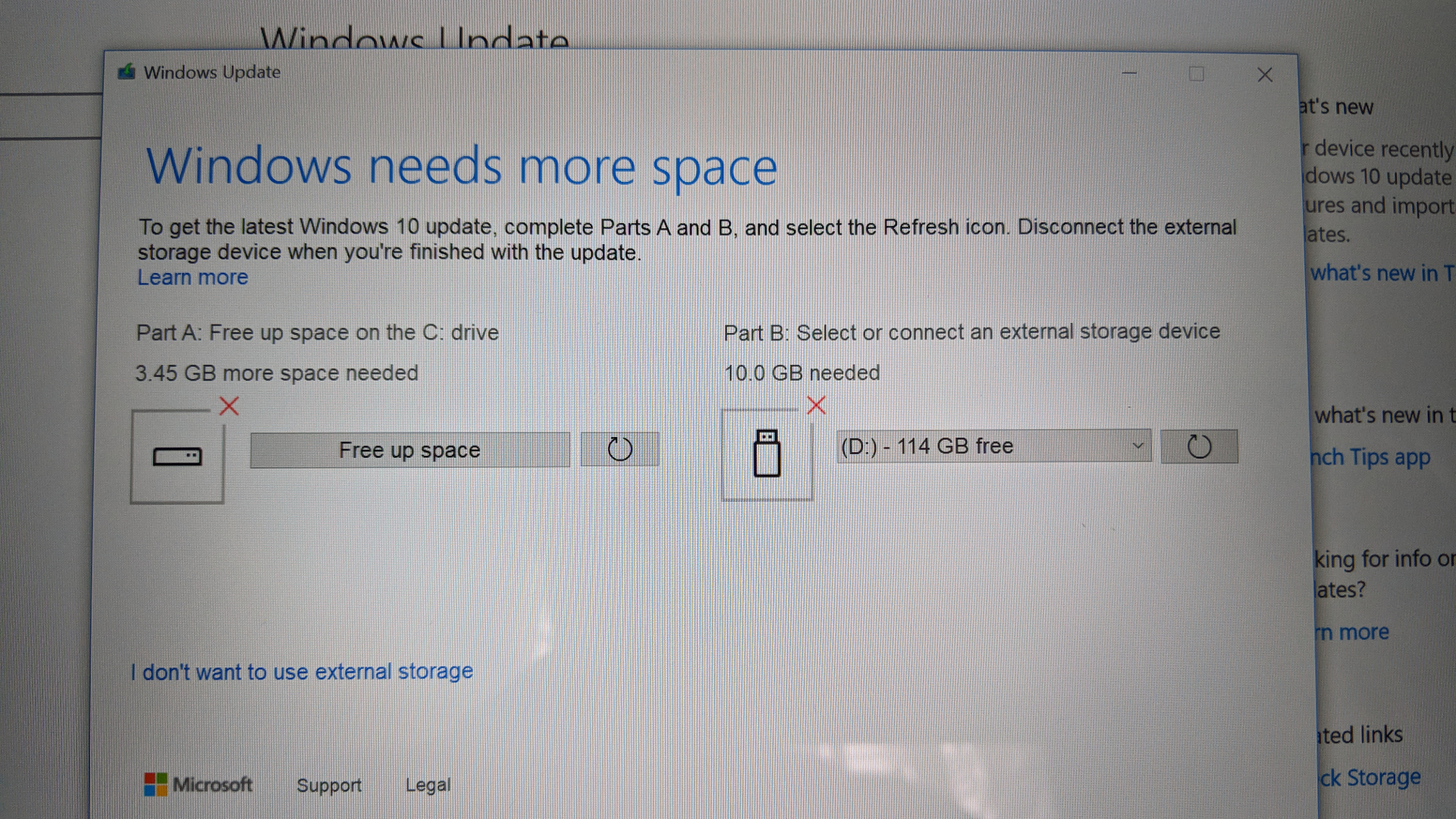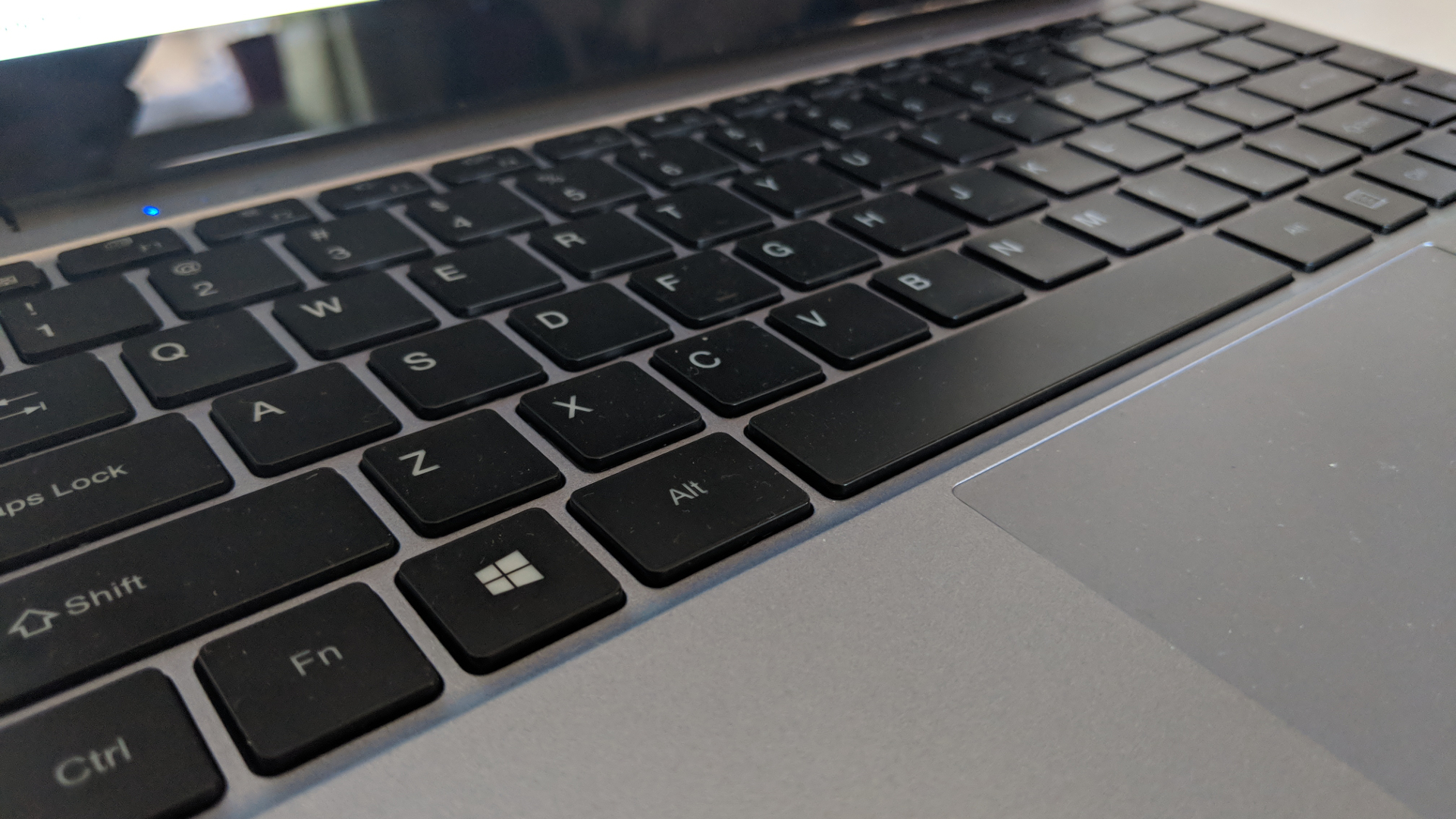Chuwi LapBook SE
Chuwi is one of the up-and-coming Chinese brands that have flooded the alternative PC hardware market. Thanks to generous subsidies from the Chinese government, Chuwi (as well as dozens of other manufacturers) are able to ship devices to scores of territories for free, often undercutting better-known brands in the process.

Over the past couple of years, we’ve tested almost a dozen Chuwi products, most of which have been above average. The latest to hit our labs is the LapBook SE, the third member of the LapBook family after the LapBook Air and the LapBook 12.3.
This is Chuwi’s first Gemini Lake laptop and it is the first device we’ve received that takes its inspiration from the Apple MacBook rather than the MacBook Air or the MacBook Pro range.
Design
You immediately notice that there’s something different about the LapBook SE the moment you open the lid. There are plenty of cues from Apple’s MacBook laptop as well: the bigger than usual Escape key, the black bezel, the long central hinge, and most conspicuous of them all, the backlit, borderless keyboard.

The designers at Chuwi have opted for a curvier chassis, something that’s very noticeable around the edges, both for the base unit and the display. The latter is covered by a bezel-less glass with a full 0.2mm lamination process – that means unlike rival laptops where the display is framed, there’s no chance of dust or food particles causing havoc.

Chuwi opted for an aluminum alloy as the primary material and the LapBook SE benefits from a space grey finish, one that bolsters its premium looks. Less impressive is the fact that there’s a Chuwi logo that glows around the back – a superfluous addition if you ask us, which uses precious battery life for no real reason.

Despite its size (317 x 215 x 15.9mm with a weight of 1.44kg), the LapBook SE manages to pack two full-size USB 3.0 ports (no Type-C connectors here) plus a mini-HDMI connector, a microSD card slot and a headphone port.
The bottom of the laptop hides four rubber feet, as well as a populated M2 slot hidden underneath a removable flap – there’s no grill as the CPU is passively cooled.

Specifications and performance
The LapBook SE is a well-balanced device overall. It is well documented that Gemini Lake CPUs are a step up from the Apollo Lake chips of yesteryear, and coupled with LPDDR4 system memory, Chuwi’s latest thin-and-light laptop significantly outpaces laptops based on the Celeron N3450 for example (the LapBook SE uses the N4100). Both CPUs have the same amount of cores and threads, but the newer CPU doubles the on-board cache and boosts its maximum speed by 200MHz.
As with the Jumper EZBook X4 – which has a similar hardware configuration – we noticed that video benchmark results were lower than those seen on older N3450-based laptops.
That’s surprising to say the least given that both the UHD Graphics 600 (on the N4100) and the HD Graphics 500 (on the N3450) are very similar, and in theory, tweaks, driver updates and access to faster memory should have given the N4100 the edge. That was not the case, though.
Chuwi has bundled a 12V/2A power supply unit that’s noticeably smaller than your average PSU, which is great if you have to lug it around.
The biggest disappointment, though, has to be the fact that while the LapBook SE has two drives, Windows is stored on the slower and smaller of the two. Not only does that affect performance (the 32GB eMMC 5.1 primary drive is less than half as fast as the bigger 128GB SSD), the size of the system drive means that Windows 10 updates won’t install.
Sure, DIY’ers will be able to reinstall Windows 10 on the other larger drive, but that’s not the point. This is simply poor judgement which could cause the casual or less tech-savvy user a good deal of frustration.

The on-board battery is a 5Ah (33.7Whr) model, while wireless connectivity is provided by an Intel Wireless-AC3165 module which, as its name implies, delivers 802.11ac Wi-Fi compatibility, plus Bluetooth 4.2.

Unlike the Apple MacBook, though, this laptop uses a 13.3-inch Full HD IPS display. The pixel density is much lower but still usable for most tasks. There’s no issue with colour uniformity or brightness bleed as far as we could see, although even at 100%, the screen brightness appeared dimmer than what we’re used to.
Last but not least, there are four downward-firing speakers, a 2-megapixel (Full HD) front-facing camera, and a pair microphones to make the most of Microsoft’s Cortana feature.
Usage
Designing a keyboard for a form-factor such as Chuwi was shooting for here usually comes with a fair share of compromises. However, the LapBook SE isn’t affected as much as you might think in this respect thanks to its borderless design.
The key sizes are generous (top marks for full-size cursor keys), there are dedicated Home, End, Pageup and Pagedown keys, and the keyboard layout doesn’t feel cramped. It’s a shame about the small Shift key, though.
Even better, we didn’t detect any flex during our brief typing test, and the keys have a surprisingly comfortable spring, which is great if you’re a touch typist.

The touchpad was larger than what we’d expect on a laptop of this size and worked well with one or two fingers. The system was as responsive as one would expect.
Battery life was better than anticipated – almost within spitting distance of six hours playing a YouTube count-up video at 100% brightness (with the battery slider up to best performance). The result of 5 hours 45 minutes is a tad less than this notebook’s closest competitor, the EZBook X4.

The competition
There are a growing number of Gemini Lake laptops making their way to online retailers. Unfortunately, very few of them are available for the UK or US market.
The Jumper EZBook X4 is the obvious candidate for those wanting an alternative to the LapBook SE as they both cost the same. Our Jumper review sample had a dodgy touchpad but that might be a one-off. Also, it doesn’t have an additional 32GB eMMC drive, and it is slightly bigger in size while sporting a more prosaic design.
If you don’t mind using a tablet PC with a keyboard and are happy with a smaller display, then the Alldocube KNote 5, with a Surface Type Cover-esque keyboard, may well fit the bill at $310 (around £235). You can’t upgrade the system memory, though, and connectivity is limited – but at least you get 802.11ac Wi-Fi.

Jumper’s EZBook 3S comes with an older N3450 CPU but has 50% more RAM, is marginally more expensive and packs a much bigger SSD (256GB). This makes it a better choice if you want more storage capacity, obviously. A cheaper version with 64GB of eMMC storage exists – the savings on the EZBook 3 Pro are worth it as you could invest in a separate M.2 SSD.
The Great Wall W133x has a remarkably similar set of components to the Chuwi LapBook SE. It is more expensive though – by about 10% – and comes with a Type-C connector and a 6Ah battery (compared to 5Ah on the LapBook SE).

The business take
One big design flaw prevents us from recommending the LapBook SE for consumers or businesses alike. Had Chuwi used the 128GB SSD as primary system storage, we’d wholeheartedly recommend this notebook, but as it stands – unless you want to manually switch the OS installation onto the other drive yourself – it’s hard to shortlist this device.
However, make that simple change and the LapBook SE suddenly turns into an exceptionally nice laptop with some serious credentials.
Beyond this (and aftersales considerations), there are no real business features on the LapBook SE that differentiate it from consumer products. In truth, it doesn’t market itself as a business device, but this laptop certainly wouldn’t be out of place in a boardroom surrounded by ThinkPads and MacBooks.
- We’ve picked out the best business laptops of 2018
It’s an amazing piece of writing for all the internet users;
ReplyDeletethey will take benefit from it I am sure.
Teclast Master T10